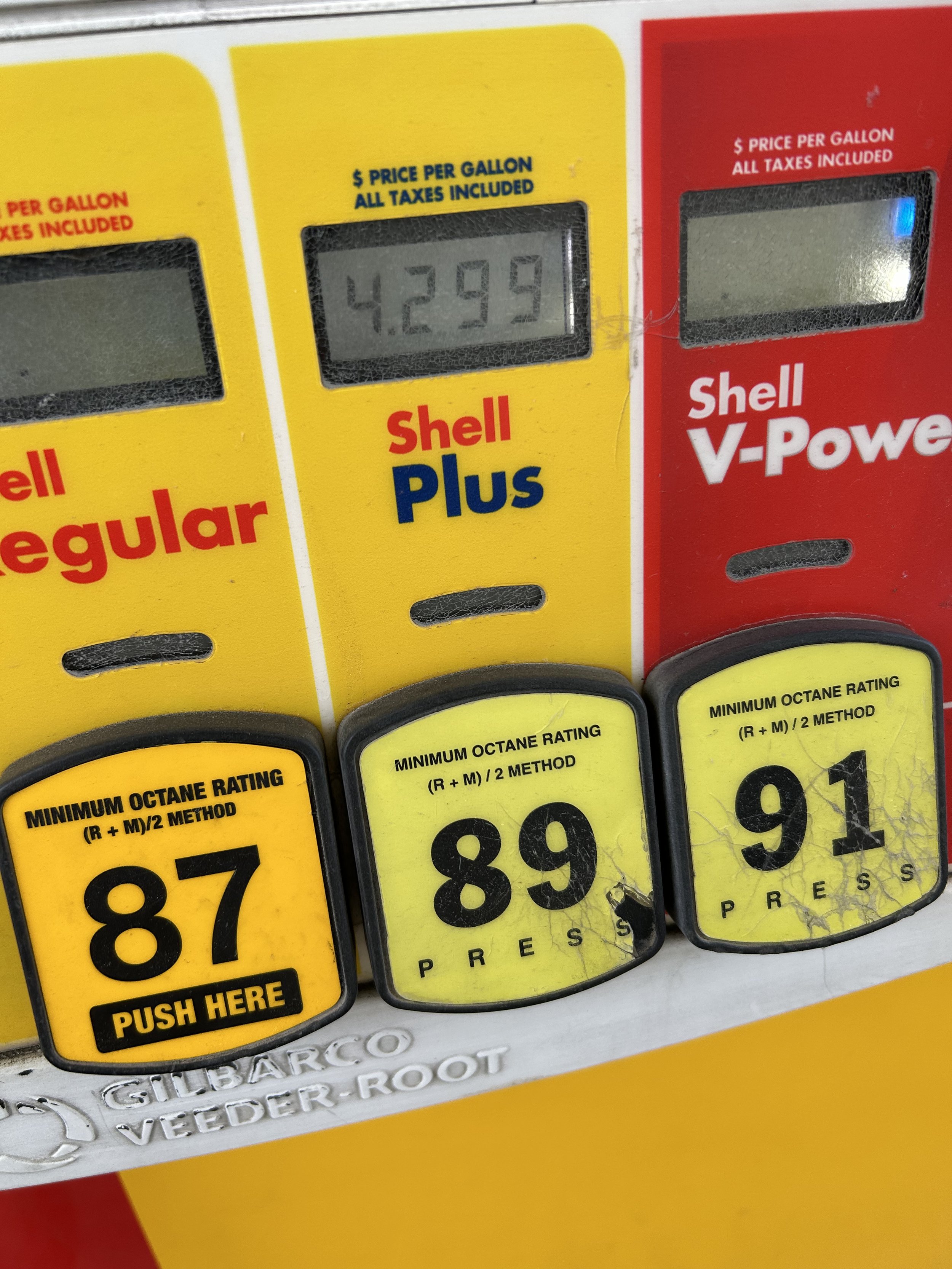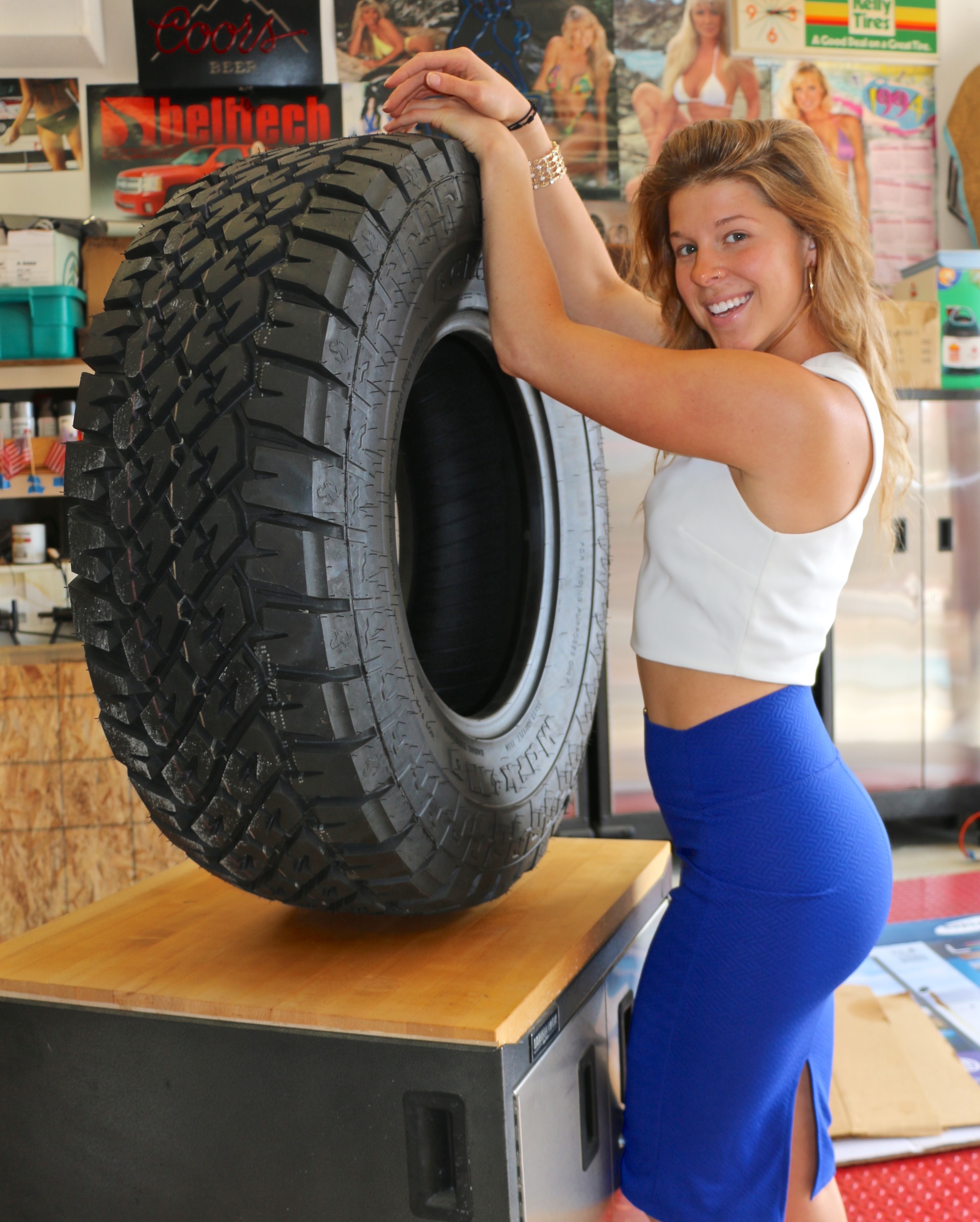The Whole Truth about Auto Mechanics
Cars are complicated. Finding someone to fix the things that break on them can send your brain into spasms.
Most people I know repair their own vehicles, but there’s a limit to what they can and cannot do. Meaning at some point everyone has to find a shop or dealership to trust. The newer the vehicle the more difficult it is to repair yourself.
As an automotive journalist I have had hundreds of conversations with auto shop owners, technicians, and other problem-solvers. Even with this experience, I find myself at a crossroads when it comes to recommending a good, honest “auto shop.”
I believe the problem starts when we get in a pinch to get our vehicles back on the road after something fails. That happened to me just recently. I had my car towed to a local dealership on a Saturday because my favorite mechanic wasn’t available. I made a big mistake by not waiting until Monday. Don’t do what I did unless it’s an emergency. Wait until you’ve exhausted every resource. Park the car for a while. Think about alternatives. Even if you need to rent a car for 48 hours
I have two or three excellent, honest shops I’ve had for years and I trust everything they recommend.
The first thing I recommend is not to rush to the first shop that agrees to repair it.
Like I said, I made a mistake of taking a car to a dealership because I didn’t have the time to look for another answer.
It ended up costing me much more than a private auto shop.
If money is no object… then none of this applies.
Dealership vs. Private Auto Shops
Dealerships are often seen as the most credible place to take your car. That’s not true.
Dealerships are not any better in their skill levels than the little auto shop down the street. What they do have is the intellectual details of the brand they sell, all the right diagnosis equipment and the ear of the factory that builds the car.
Here’s the problem with dealerships.
They upsell you on products and services that aren’t critical.
A replacement part at a dealership is two or three times as expensive as the same aftermarket part sold elsewhere.
Dealerships will not find a cheaper answer to a simple problem. They replace entire systems even if it the repair requires only a simple part/widget in the system.
I’ve experienced that myself. Dealerships will also get you to sign an agreement that you will pay a minimal cost even if the repair is never made. You will not get the money refunded if you choose to go elsewhere. Many dealerships will give you credit for the “deposit” if you agree to having your vehicle repaired.
If you have a new vehicle that’s under warranty you can decide whether to take it to a dealership, or a certified private shop. But not all private shops can honor a warranty, they must be factory certified. Ask if they have a Bureau of Automotive Repair certification (in the U.S.)
Dealerships should always be your last ditch effort. You will pay for their convenience and hospitality. Those free coffees and nice lounges are going to be expensive if you don’t have the time to shop the problem around to different repair shops.
Privately owned shops are a better choice, but they too have issues.
Unless you own a $10,000 Snap-On toolbox and all the computer programs to diagnose glitchy vehicles, there is no arguing with them when they say a certain part failed. Most of us must take them at their word. That’s the state of auto mechanics. It’s a dicey world and to put your trust in someone you’ve never met… you know the odds aren’t always in your favor.
So both dealerships and private shops have negatives.
Once you do find a shop that you trust stay with them, but finding one is going to be a lot of work.
What’s a Part Hanger?
There are part hangers and qualified mechanics. There’s a difference.
A part hanger can’t diagnose anything correctly. They simply toss more parts at the problem. An ASE-certified mechanic will root out the problem and come up with a fix. ASE is what MD is to doctors. Never go to a part hanger. Look for an ASE license at your local shop before you leave your vehicle.
You won’t always be able to spot a fraudster from an exceptional auto mechanic… but I recommend making an effort to learning more about who you are dealing with. It will save you lots of time and trouble. Here’s my short list of what to do:
Obviously, start by asking family and friends if they have a favorite auto shop or dealership before you just stop by for an estimate.
Look the business up on Google and read all the reviews, knowing that some reviews are likely biased, or written by their partners and family members. Personally, I use social media groups and other forums to weigh my decisions.
Go to YouTube and see if what you are experiencing is discussed. There are lots of easy fixes if you dig through enough videos.
Go to the Better Business Bureau (BBB.com) online and plug in the business name. See if there are any liens, or complaints against the business. Sometimes it won’t mean much to you, but you might be surprised by what you learn.
Get a written estimate of the work. Don’t agree without getting something in writing. It is always better to have proof of what they are suggesting is wrong.
If anything about the business creeps you out leave and don’t look back. If Bubba is smoking a cigarette as he’s turning wrenches… get out of there. A dirty shop is a red flag.
If you have no idea what’s wrong with your vehicle then explain everything you know about the problem you are having with the vehicle. Allow them time to answer. Ask questions about anything you don’t understand. A good mechanic will be patient with you. A bad mechanic will be on the defensive.
Ask the shop to return any component they replaced when the job is completed. That ensures that these components were changed. A friend I know puts a “mechanic’s proof mark” across any component he believes they must remove to complete the job. It could be the bolt of an air-intake system. He uses a Sharpie to scribe the mark. If the component was removed by the mechanic you will see the proof with the misalignment of the mark. It’s a bit sneaky, but he said it works. I love this one.
Ask for warranties for the product and the labor. I purchased a transmission with a two-year warranty and free labor. Just ask and see how the shop responds. Most decent shops will have no problem helping you if you experience future problems with the same parts they replaced or repaired.
Check with the business to see if they use factory parts or aftermarket parts. It makes a difference. Factory parts are more expensive, and they typically will last longer and perform better than many aftermarket parts. With that said, there are some great aftermarket products. Be selective.
































